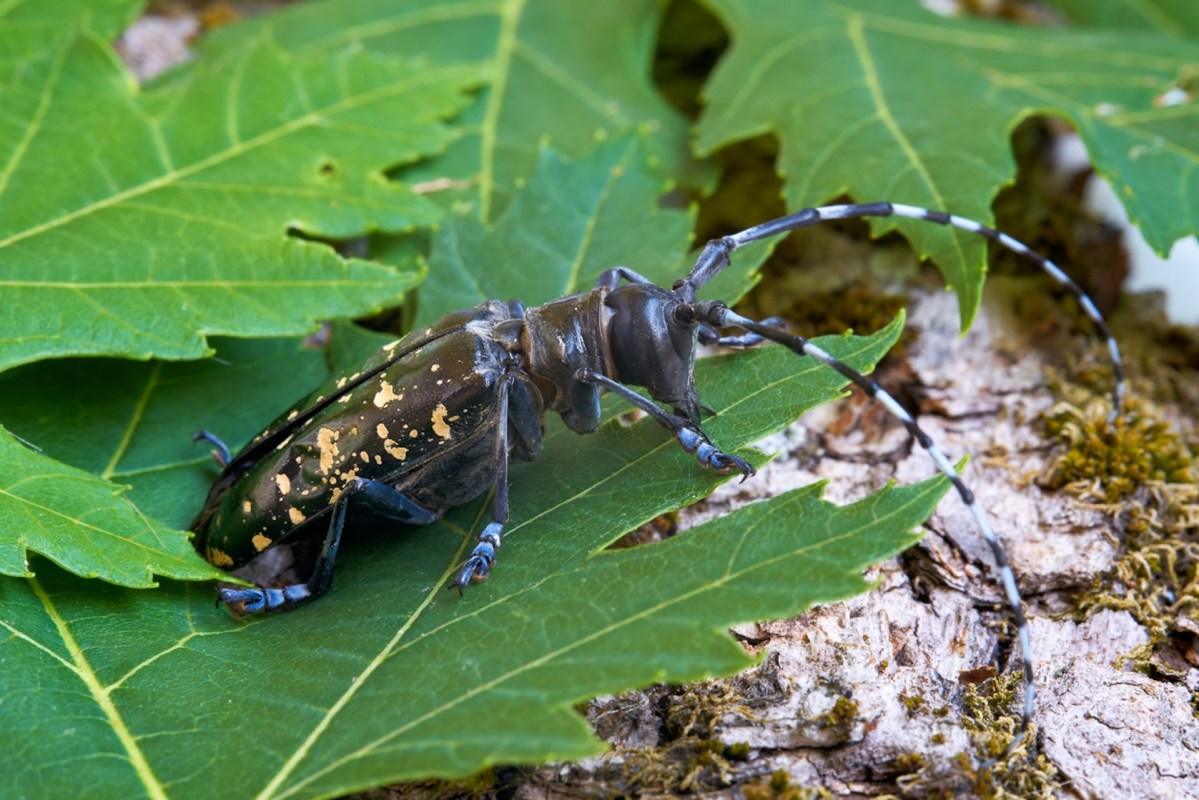One gardener worried about a particularly pernicious pest recently took to the r/NativePlantGardening subreddit for advice, sparking a debate in the comments section.
The poster wrote that they recently ordered saplings and were anxious that the young trees would be under threat from emerald ash borers (EAB) and Asian long-horned beetles (ALB).
"Some of the pesticides I've looked into would keep the inside of the tree toxic for these beetles," they wrote. "However, it may affect the leaves or blossoms of this tree, causing harm to our native caterpillars or pollinators."
"I wish to leave the leaves and blossoms untouched by pesticides to ensure the survive-ability of our native wildlife," they continued. "Do we, Native Plant Gardeners, have a solution to these invasive borers that's also safe to our native foliage eaters and pollinators?"
While one commenter wrote that pesticides are the best available option, others disagreed.
"Besides finding a tolerant tree, get used to the trees dying and harvest and save the seeds before they do," said one commenter. "I believe their only hope is continuously replanting and seed banks. The trees typically will hit maturity before EAB infects them."
As implied by the original poster, pesticides work by poisoning insects, which means that they are also poisonous to other wildlife that gardeners don't necessarily want to kill. They are also harmful to humans and can cause even more problems once they get into the water and soil.
While it sounds like EAB are particularly destructive to ash trees, with few clear-cut options for native plant gardeners, there are tons of alternatives to controlling pests without chemicals.
Cultivating native plants and rewilding your yard are great things to do, as both help biodiversity and your local ecosystem — and if you end up feeding a few trees to some beetles, that might just be part of the process.
"Ash borers prefer stressed trees (any stress, not just drought) and will attack those first," one Redditor added.
"Don't plant native Ash trees in the wrong place and you'll be fine," another said, speaking to the benefits of native gardening.
Join our free newsletter for easy tips to save more, waste less, and help yourself while helping the planet.









